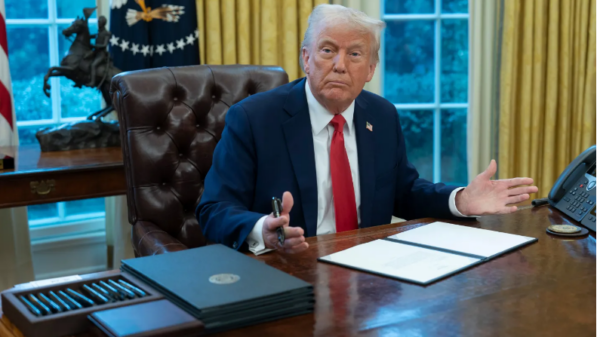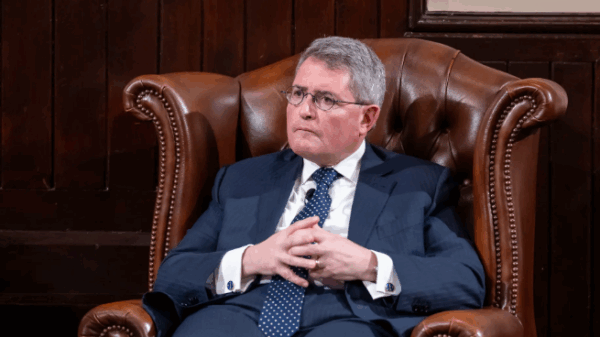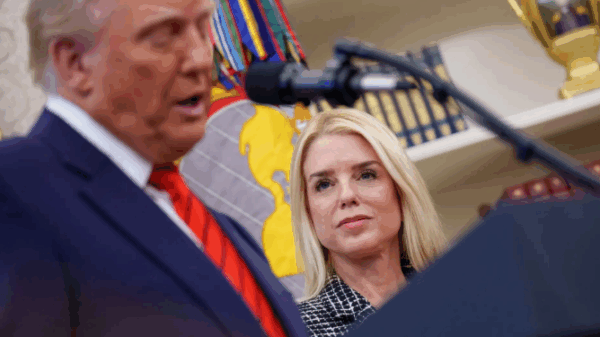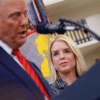Chancellor Rachel Reeves has announced plans for a comprehensive review of the UK’s immigration framework, with a focus on creating new visa pathways for high-skilled workers in fields like artificial intelligence (AI) and life sciences. This move is part of the government’s broader strategy to stimulate economic growth and reaffirm the UK’s openness to global talent.
Speaking at a breakfast event during the World Economic Forum in Davos, Reeves revealed that a white paper detailing the government’s vision for immigration will be published later this year. The document will outline plans to make the UK an even more attractive destination for skilled professionals and international businesses.
“We are going to look again at routes for the highest-skilled people, particularly in areas like AI and life sciences,” Reeves said. “Britain is open for business, and we are open for talent. We have some of the world’s best universities and entrepreneurs, but we also want to bring in global talent.”
While the Labour Party has traditionally advocated for reducing overall migration levels, Reeves emphasized the importance of reassuring international firms and investors that the UK remains a competitive destination for skilled workers. As part of the reform process, ministers plan to engage with businesses to ensure that visa pathways are streamlined and more accessible. British diplomats will also be encouraged to promote the UK as an attractive place to live and work.
Reeves’ comments reflect a broader “pro-growth” ethos, shared by Business Secretary Jonathan Reynolds, which was central to their messaging at Davos. Both ministers highlighted the importance of progressing infrastructure projects like airport expansions, arguing that local opposition should not derail these vital initiatives.
Reeves was also asked about the potential approval of a third runway at Heathrow Airport. While she did not directly confirm the decision, she emphasized that the answer to major national infrastructure projects “can’t always be no,” signaling her support for large-scale developments to boost economic growth.
In related news, Reeves confirmed that Marcus Bokkerink’s sudden departure as chair of the Competition and Markets Authority (CMA) was linked to the government’s desire for regulators to take a more proactive role in supporting economic growth. Doug Gurr, the former head of Amazon UK, will replace Bokkerink, with the aim of aligning the CMA more closely with the government’s economic agenda.
Commenting on the proposed visa reforms, Karendeep Kaur, Legal Director at Migrate UK, welcomed the idea of simplified visa routes for businesses reliant on specialist skills. However, she expressed concern about the complexities and costs associated with the sponsor licence system, warning that increasing fees could deter businesses from applying for sponsorship.
“The increased pressure for compliance may deter businesses from applying for a sponsor licence,” Kaur said. “This could complicate the government’s goal of attracting skilled workers.”
Despite these challenges, the Treasury aims to position the UK as a global innovation hub by leveraging its world-class universities, thriving entrepreneurial ecosystem, and “pro-growth” policies, with the hope that revamped immigration strategies will address post-pandemic economic challenges.








































